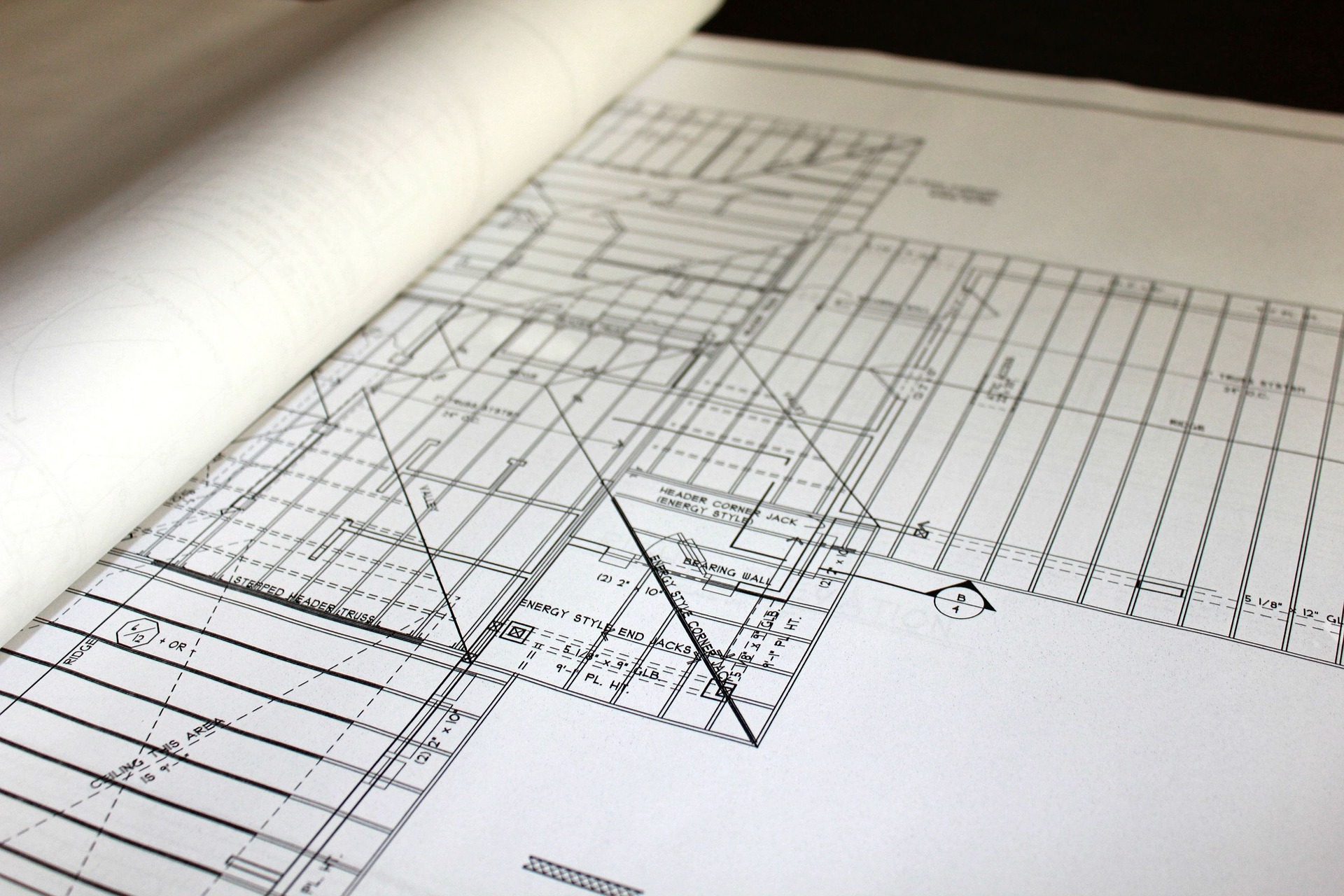8 Tips to Avoid Legal Disputes with Texas Homebuilders
What happens when your Texas dream home becomes a nightmare? In the usual scenario, our clients will spend their life savings on their dream home only to find that it has turned into a nightmare because of various builder violations of the contract. Over the many years, we’ve probably seen most of the breaches which occur including failure to follow building plans, violations of county and safety ordinances, patent defects in laying the foundation or other structural items, defective construction of the structure of the dwelling-particularly the roof, and other egregious errors. Apart from these defects, Texas builders will often violate the contract by co-mingling the monies paid with their general funds which are potentially a felony, failure to pay subcontractors, and increased costs that are incurred without the consent of the client. Would you be surprised if I told you this is only the tip of the iceberg? In terms of incidence, we are finding more of these construction defect cases in Midland, Odessa, Lubbock, Amarillo, Abilene, and the larger urban areas of Austin, San Antonio, Dallas, and Houston.
Regardless of the validity of the claims which can be asserted for recovery against a rogue builder, the entire legal process can be heartbreaking. Here are a few tips to be aware of in determining whether you have a valid claim against a Texas Homebuilder for defective residential construction and what to do about it:
- You must follow the Texas Residential Construction Liability Act. Texas requires that numerous steps be followed to preserve a homeowner’s claim against the builder before litigation is filed. If the time deadlines are not complied with, the homeowner can waive its rights to recovery in addition to having its lawsuit dismissed from court. These rules are draconian and require the homeowner to submit a written notice to the builder of the defects alleged and allow for a response and inspection of the property before a lawsuit can be filed. The timelines are very specific and it is highly recommended that the homeowner consults with construction law counsel.
- What claims are recoverable? Unfortunately, that is a complex question that typically requires a lawyer to review the underlying Texas building contract very clearly. The language used in the contract can severely limit the ability of the homeowner to recover for defective construction in Texas. Therefore, even if it seems apparent that damages occurred, the contract could still limit or bar recovery. For example, if the builder caused various delays in the completion of the construction, the initial inquiry must be to what extent these constituted absolute deadlines under the agreement. That cannot be determined until the contract is thoroughly reviewed by an experienced attorney. With regard to the types of claims which are recoverable, the list is fairly extensive and would include design defects, substandard workmanship, unreasonable delays, project abandonment, failure to submit change orders, and other items.
- Objective versus subjective considerations. By this, I am referring to alleged workmanship quality issues which go more towards the sensibilities of the homeowner versus objective criteria. An example would be the application of a specific texture to the wall or the use of paints and colors. Unfortunately, scratches often occur when installing expensive cabinetry and other items. Although these items need to be fixed, they rarely constitute the basis for a claim in a lawsuit. The closer the problem comes to a design defect, the greater the likelihood of recovery. Building defects go to the systemic construction of the building itself and fall outside mere workmanship issues. As discussed above, these could include failure to follow building plans, defective construction materials, and other items. Such defects would be deemed objective in nature and recoverable as damages.
- Watch out for mediation provisions. This refers to a contractual provision that requires the parties to meet with a neutral mediator before legal action can be commenced. Theoretically, this should be beneficial to the homeowner but I have rarely found it to be a successful tool in my experience as a construction law attorney over the many years.
- The possibility of mechanic’s liens. This can be very troubling for homeowners as a rogue builder will often fail to pay its subcontractors during the course of a job. Although the contractual obligation is between the contractor and the builder, an aggrieved contractor is at liberty to file a mechanics lien against the property. Such an action impairs the homeowner’s ownership of the property and cannot be removed until the obligation is paid in full.
- Beware of small-time builders. This is perhaps my greatest admonition to homeowners when they are looking to hire a Texas builder. Nominal insurance is required by the state of Texas and is never sufficient to pay for damages incurred by a rogue builder. Therefore, in determining whether to sign a contract with a home builder, you need to do your due diligence to find out if the builder is reputable and has sufficient size and resources to be able to pay for any damages resulting from its construction in the likely event insurance is insufficient to compensate for damages. The recommendation here is to go with a larger builder with an established record over many years.
- Read the contract! This is usually the biggest problem for homeowners. They are so excited about the building process that they failed to pay attention to the details in the contract. This is a mistake of disastrous proportions. The homeowner must understand every term and ensure that everything discussed is in the contract. Once again, before investing enormous amounts of money in the construction of a new home, get experienced legal advice as to whether the contract has been properly drafted and that what you understand to be the material terms are actually included in the document.
- Beware of merger clauses. Almost all Texas construction contracts include a merger clause which sometimes also refers to the paragraph as the “entire agreement”. What this means is that regardless of what the builder stated orally that he or she would do, only the requirements in the actual agreement are applicable, nothing that was discussed orally would have legal effect. This is often one of the most frustrating aspects of the entire process for a homeowner as it would preclude admitting into evidence the oral representations made by the builder which were not specifically included in the agreement. There are circumstances that a lawyer could try to get that language included, but it is very difficult and certainly a costly process.
Bottom line: Your Texas dream home can easily become a nightmare. Most of the problems encountered by our clients could have been spotted at the inception had they been aware of the intricacies of the process. Given the enormous investment, is highly recommended that you consult with a Texas construction law attorney before signing the dotted line.


